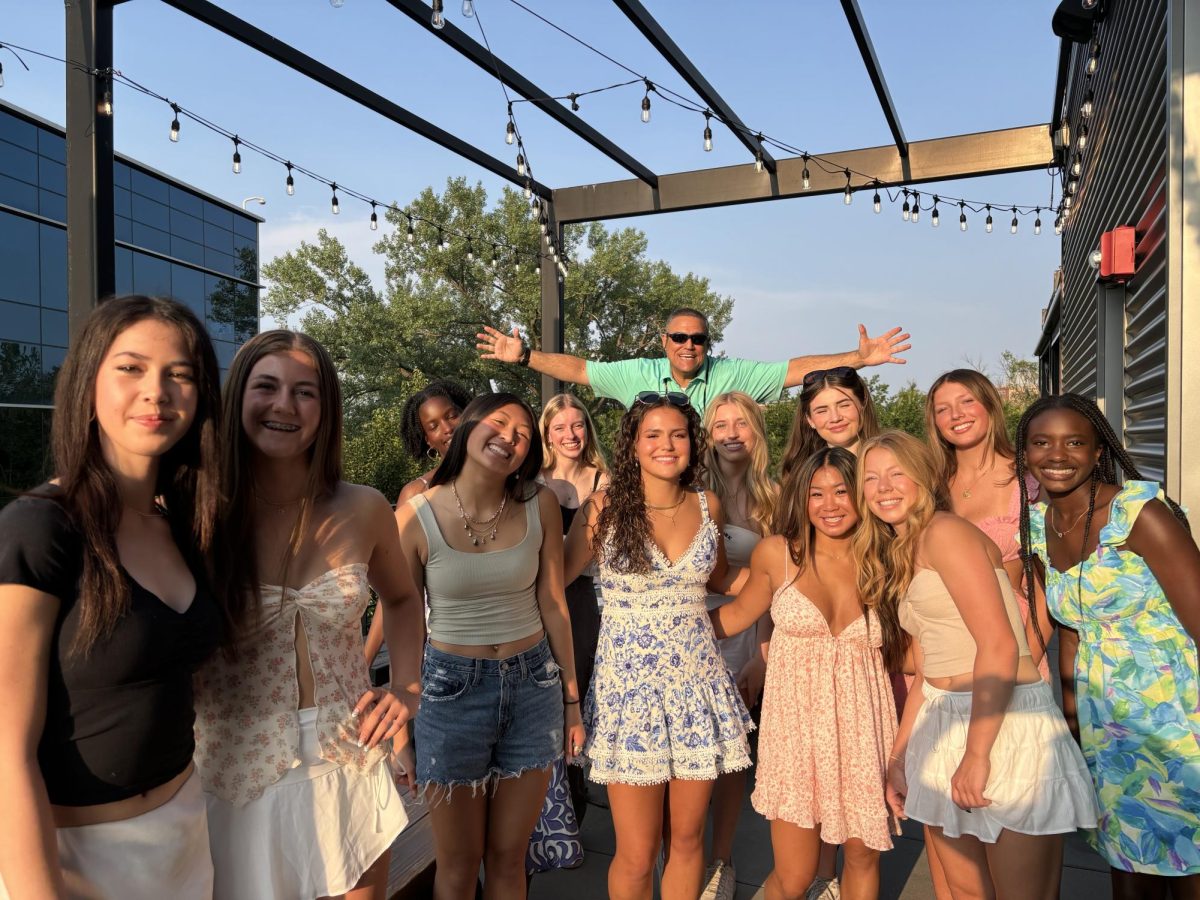Senior Wisdom: Senioritis
As the school year is coming to a close and Seniors are excited to graduate, it is a perfect time to talk about the common feelings high school seniors share towards the end—or beginning—of their senior year: “senioritis.”
As defined by the Merriam-Webster Dictionary, “senioritis” is an ebbing of motivation and effort by school seniors evidenced by tardiness, absences, and lower grades. These feelings can be rooted in many causes, starting with college acceptances. To many, the three years of high school before senior year are a build up of good grades, perfect attendance, and model behavior….but, when senior year comes, this often comes to an end. Seniors submit college applications as early as the summer before senior year and often times hear back from colleges before the end of the first semester. Once college acceptances start to roll in, it is easy to have a lazy mentality in regards to school and extracurriculars, as seniors have secured their spot at the destination they have wanted to end up at for years: college/trade school/a career/etc.
Here are a few ways incoming seniors, as well as current seniors, can keep their grades up, maintain perfect attendance, and keep a happy and determined attitude.
- Keep the *distant* future in mind. Often times, it is easy for seniors to think about college acceptances as the end goal—not considering the content learned in high school to be important for anything except AP exams and standardized tests like the ACT and SAT. The information high schoolers learn in the variety of courses they’re required to enroll in can be applied to not only high school exams, but also college courses, future professions, and even odd-ball events like trivia nights (who knows, maybe you’ll need to know the random facts you learned in high school some day!)
- Provide an uplifting environment to your peers. Skipping classes, not turning in assignments, and possessing a poor attitude about academics and extracurriculars is a ripple-effect, which negatively affects the people around you. Academics, sports, and the arts all require trust—trust to turn in projects and group work, trust to show up to practice or rehearsal, and trust to want to do well collectively. When everyone can be relied upon, all students do better. It is important to hold yourself—and your peers—to a high standard, never accepting less than the best you can do. Know that even if you don’t understand what’s going on in a class or feel too challenged to succeed at something you’re asked to do in your sport/art, know that showing up will allow you to learn, build positive connections with others, and gain more benefit than simply not showing up. Nobody will be upset at you if you aren’t perfect, but negative feelings may arise when you cannot be counted on or display little effort.
- Colleges can rescind your offer of admission. While this is the most serious outcome as a result of poor attendance, grades, and behavior, it is a possible outcome. Colleges can take back your admission offer if they feel you are no longer a good fit for their institution. Every school, from the University of Nebraska, Lincoln, to Harvard University, and even trade schools, do not want unmotivated, negative students attending their institution. To maintain strong standing with colleges, it’s important to keep a strong, clean digital footprint—don’t post or write content you wouldn’t want your college admissions officer seeing—attend school and complete assignments and tasks with care, and maintain positive relationships with your peers—whether it be your teachers, classmates, or coaches.
Remember, you got this! Whether you’re concluding your time at BT after this semester or just starting it as an underclassmen, you are given an expansive toolbox of resources as a student, and you should try your best to make the most out of your time as a Raider. Best of luck!


























